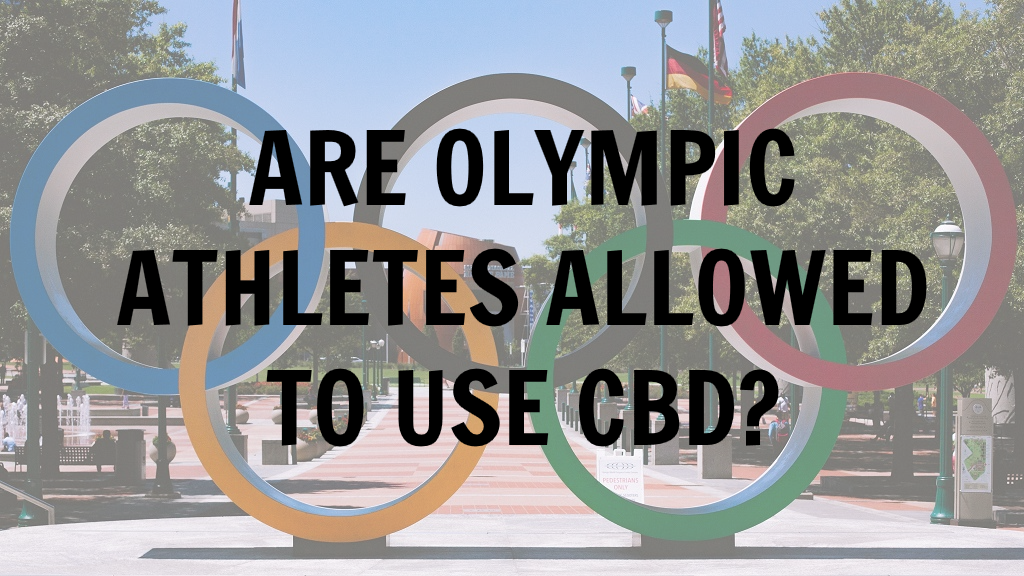Many athletes, particularly those who engage in high-impact or physically demanding sports, may experience a range of physical and mental challenges. CBD (cannabidiol) may help to alleviate some of these challenges.
Athletes may prefer CBD because it is generally well-tolerated, has a low risk of side effects, and is not associated with the negative stigma of traditional drugs.
It’s important to note that while many athletes may find CBD to be helpful, the research on its effectiveness and safety is still limited, and its use in sports is subject to regulations and restrictions by sports organizations.
Olympic athletes are allowed to use CBD products. The World Anti-Doping Agency (WADA), which sets the rules and regulations for the Olympics, removed CBD from its list of prohibited substances in 2018.
However, it’s important to note that THC (tetrahydrocannabinol), the psychoactive component of cannabis, is still prohibited by WADA. Athletes should make sure that any CBD products they use do not contain THC or only contain trace amounts (no more than 0.3%), as THC can lead to a positive drug test result.
Athletes should also be aware that the rules and regulations for cannabis use can vary depending on the country hosting the Olympics. For example, 2024 Summer Olympics, which will be held in Paris, France from July 26 to August 11, 2024. In France, CBD is legal as long as it contains less than 0.2% THC, which is the psychoactive component of cannabis. CBD products that meet this THC threshold can be sold and consumed legally.
In 2022, Olympic gold medalist basketball player Brittney Griner was arrested in Russia at Sheremetyevo International Airport and charged with carrying less than 1 gram of THC vape oil. Though the standard sentence in Russia for less than 2 grams is no more than 15 days, she was sentenced to 9 years in prison and fined $1 million rubles. She was later released as a part of a prisoner exchange between Russia and the US State Department.

